Russia: EU gas price cap violation of market price-setting, unacceptable
The Kremlin has lashed out at a decision by the European Union to put a price cap on natural gas in order to supposedly deprive Russia of funds to continue the war against the neighboring Ukraine.
The Kremlin spokesman Dmitry Peskov said on Monday that the decision was an attack on market pricing mechanisms, Russia's Interfax news agency reported.
"This is a violation of the market price-setting, an infringement on market processes, any reference to a [price] cap is unacceptable," he added.
Peskov's criticism came after EU energy ministers agreed to trigger a cap if gas prices exceed 180 euros per megawatt hour for three days on the Dutch Title Transfer Facility (TTF) gas hub's front-month contract, which serves as the European benchmark.
The price cap can be triggered starting from February 15, 2023, Reuters reported, citing a document detailing the final deal.
Three EU officials were cited by Reuters as saying that the Netherlands and Austria abstained during voting on the decision. Both countries had resisted the cap during negotiations, fearing it could disrupt Europe's energy markets and compromise Europe's energy security.
Germany voted to support the deal, despite having raised concerns about the policy's impact on Europe's ability to attract gas supplies in price-competitive global markets, the EU officials added.
"Nobody in Germany is against low gas prices, but we know we have to be very careful not to wish for the good but to do bad," German Economy Minister Robert Habeck said ahead of the Monday meeting.
The deal followed months of debate on the idea and two previous emergency meetings that failed to clinch an agreement among countries that disagreed on whether a price cap would help or hinder Europe's attempts to contain the energy crisis.
Poland, however, welcomed the agreement, saying it would be an end to what it called market manipulation by Russia and Gazprom,
Russia's war on Ukraine started in late February with Moscow saying that it was aimed at defending the pro-Russian population in the eastern Ukrainian regions of Luhansk and Donetsk against persecution by Kiev.
The cap is also aimed at punishing Russia over its cutting off most of its gas deliveries to the EU countries in reaction to the sanctions that the bloc has slapped on Moscow over the war.
The European Commission has, meanwhile, warned that it might suspend the measure if it is supposed to do more harm than good.
"The Commission stands ready to suspend ex-ante the activation of the mechanism, if an analysis from ECB (European Central Bank), ESMA and ACER shows that the risks outweigh the benefits," said European Commissioner for Energy Kadri Simson.
Wary of the consequences of a price cap, the commission had initially proposed a ceiling of 275 euros and a two-week-long period above that number before it could be activated.
But that proposal met fierce objections from countries such as Spain and Greece, and was also frowned upon by Germany.
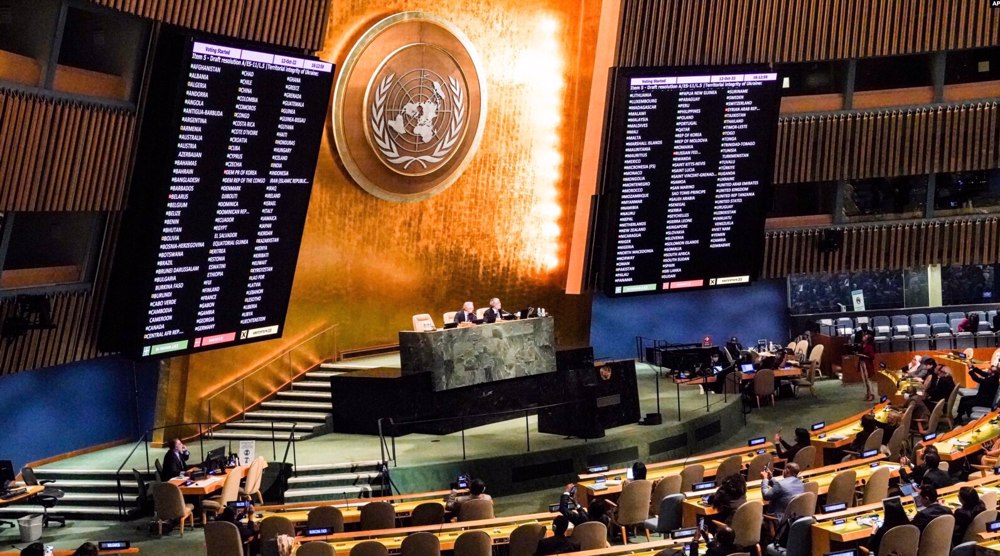
US to propose own UN resolution on Russia-Ukraine conflict
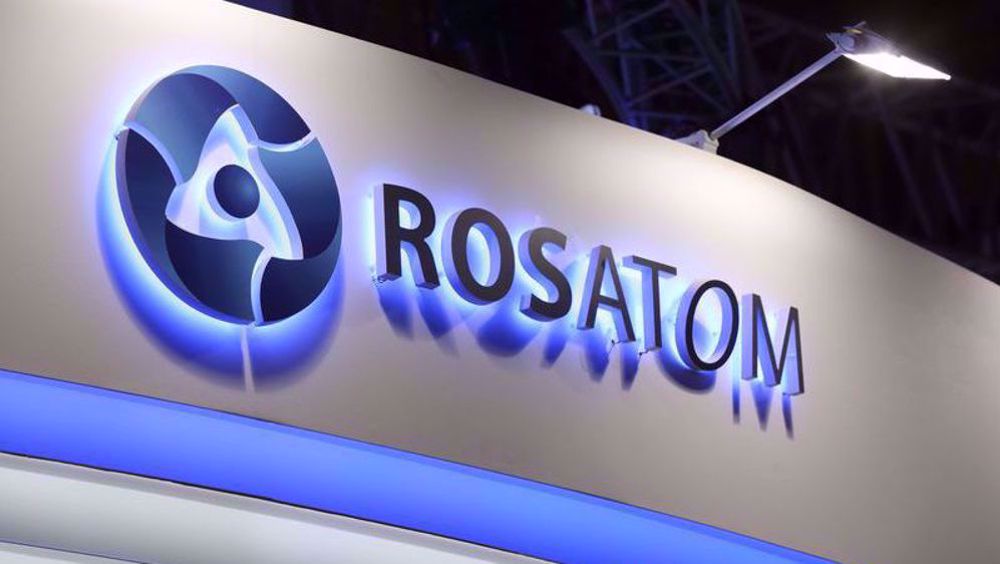
Russia’s Rosatom in ‘large-scale’ talks with Iran to build another power plant: CEO
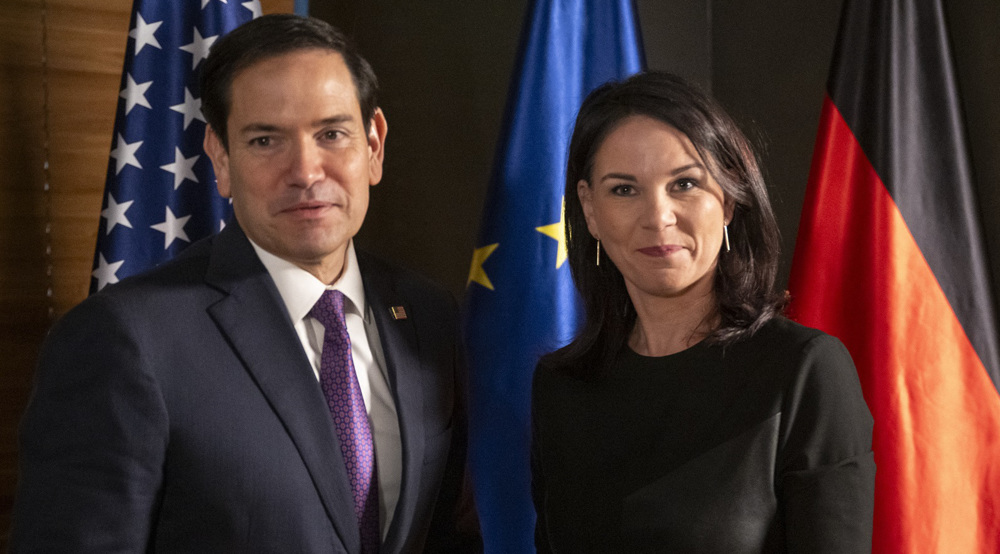
Germany: Europe should pressure Trump to prevent US-Russia alliance
Netanyahu: Israel won't allow Hayat Tahrir al-Sham forces in southern Syria
Hezbollah leaders’ historic funeral showed resistance strength: Islamic Jihad
Iran reports surge in air traffic as Austrian, Lufthansa resume flights
VIDEO | South Africans set to lobby government to isolate Israel
IRGC chief: Nasrallah decisive figure in regional equations with global dimensions
VIDEO | Press TV's News Headlines
Netanyahu's son 'exiled abroad for hitting his father': Knesset member
Iran money supply up 28.4% y/y in late January: CBI


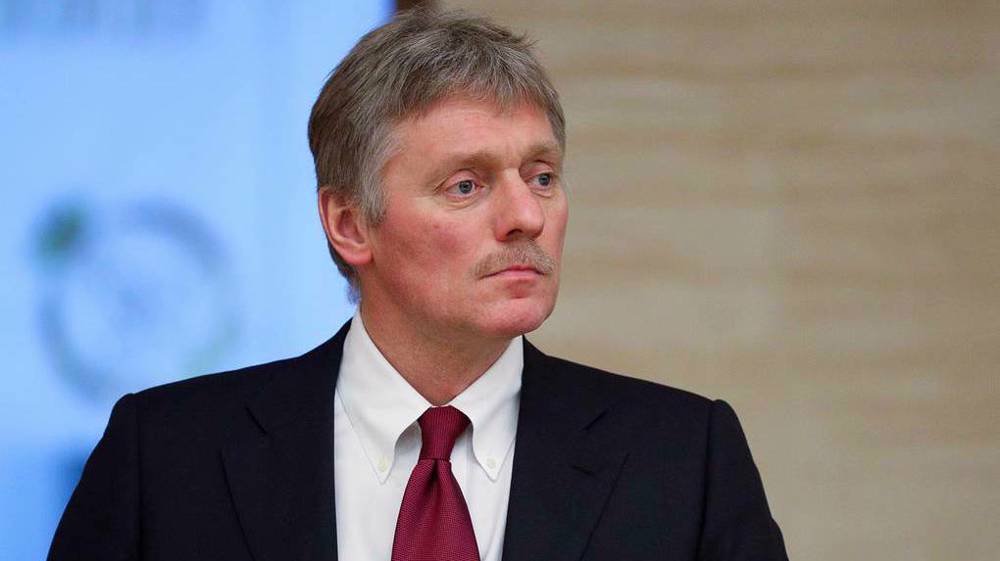



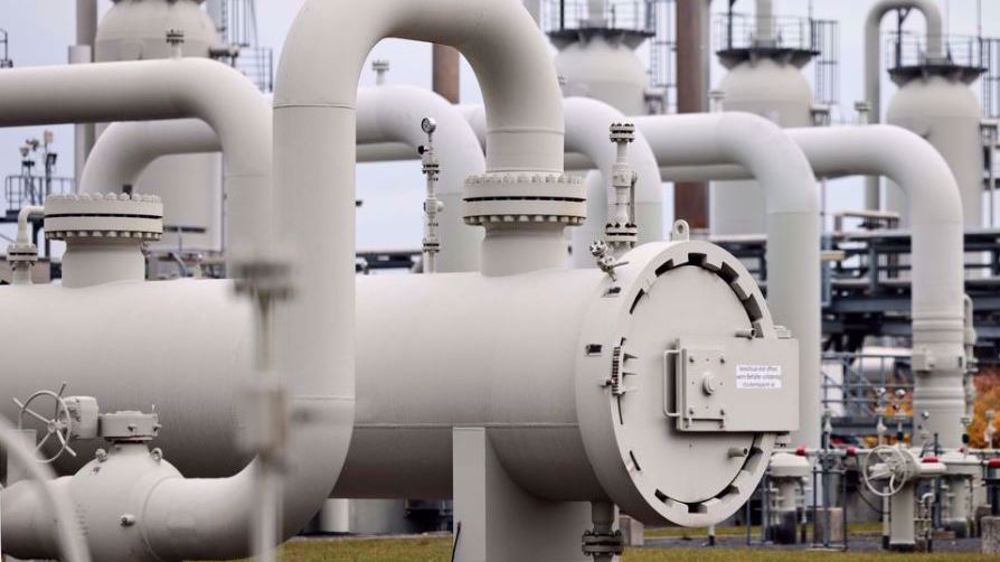
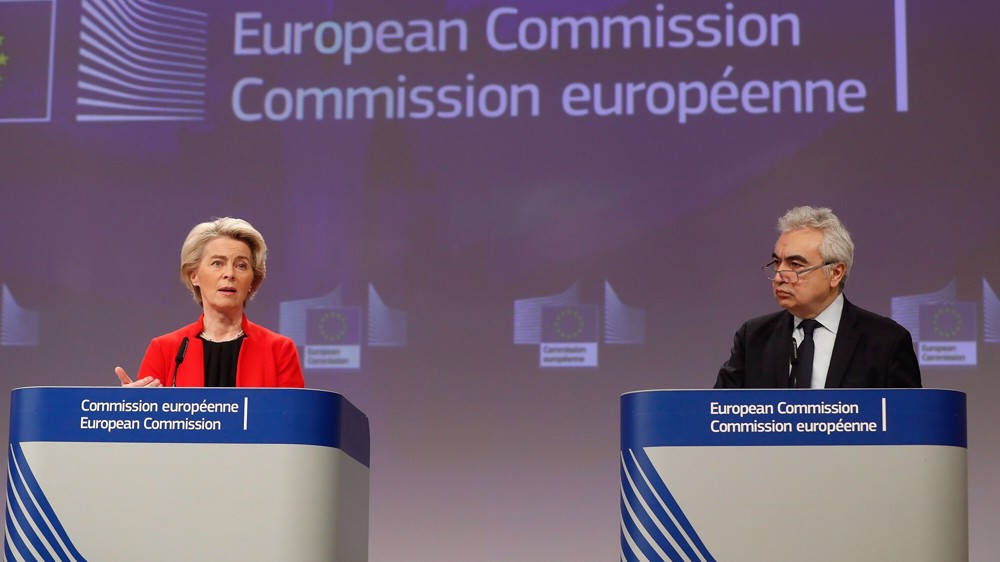
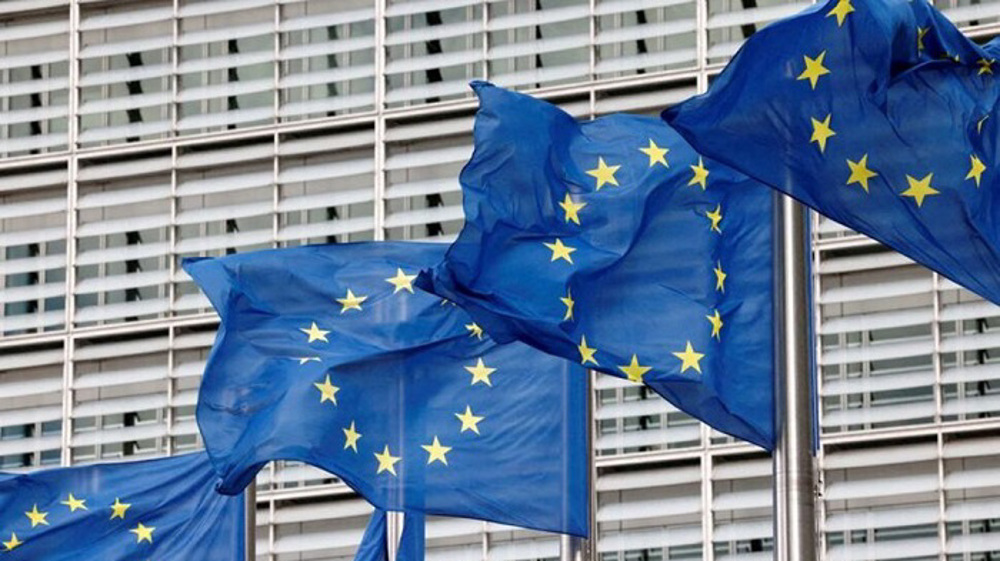

 This makes it easy to access the Press TV website
This makes it easy to access the Press TV website